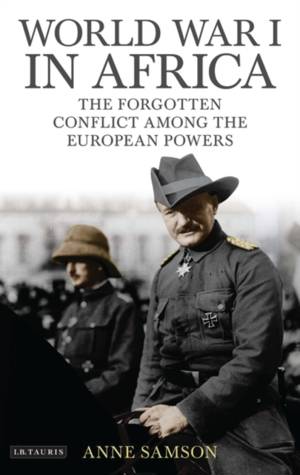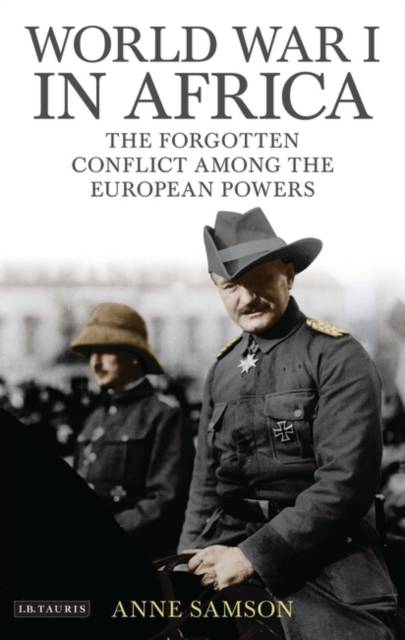
- Retrait gratuit dans votre magasin Club
- 7.000.000 titres dans notre catalogue
- Payer en toute sécurité
- Toujours un magasin près de chez vous
- Retrait gratuit dans votre magasin Club
- 7.000.0000 titres dans notre catalogue
- Payer en toute sécurité
- Toujours un magasin près de chez vous
296,95 €
+ 593 points
Format
Description
The First World War in German Southern and East Africa was fought in extremely different circumstances to the war on the Western Front. Very little has been written on the South West Africa campaign whilst, conversely, much attention has been granted to the military aspects of the East Africa campaign. This book returns the spotlight to both of these campaigns, seeking to understand the impact which policy decisions and the interplay of individuals made on the course of the war in East and Southern Africa. The author illuminates the roles of two key players: General Jan Christian Smuts who led the army of South Africa to take on German forces in East Africa in 1915, and the undefeated Lettow-Vorbeck, famed for being the only German general to occupy British territory. The paths of these military protagonists crossed over events in Africa from 1899 and continued to cross as adversaries in battle, until the two men, who held each other in extremely high regard, finally met in London in 1929.
Although they died in 1950 and 1964 respectively, the profound effect they had on Africa still continues - as does that of Lord Kitchener who stood alone in London trying to keep East Africa out of active war. In trying to understand the interplay of the individual and politics on the military, World War One in Africa attempts to take as holistic a view of the campaigns as possible. The study, using primary and secondary material from Britain, South Africa and other countries involved, seeks to undermine Clemenceau's claim that war should not be left to the Generals. Had it not been for the ill-informed decisions of individual politicians, a great proportion of the 102,260 deaths would have been prevented and a total war debt of GBP95 million avoided.
Although they died in 1950 and 1964 respectively, the profound effect they had on Africa still continues - as does that of Lord Kitchener who stood alone in London trying to keep East Africa out of active war. In trying to understand the interplay of the individual and politics on the military, World War One in Africa attempts to take as holistic a view of the campaigns as possible. The study, using primary and secondary material from Britain, South Africa and other countries involved, seeks to undermine Clemenceau's claim that war should not be left to the Generals. Had it not been for the ill-informed decisions of individual politicians, a great proportion of the 102,260 deaths would have been prevented and a total war debt of GBP95 million avoided.
Spécifications
Parties prenantes
- Auteur(s) :
- Editeur:
Contenu
- Nombre de pages :
- 328
- Langue:
- Anglais
- Collection :
- Tome:
- n° 50
Caractéristiques
- EAN:
- 9781780761190
- Date de parution :
- 27-11-12
- Format:
- Livre relié
- Format numérique:
- Genaaid
- Dimensions :
- 140 mm x 216 mm
- Poids :
- 544 g

Les avis
Nous publions uniquement les avis qui respectent les conditions requises. Consultez nos conditions pour les avis.






